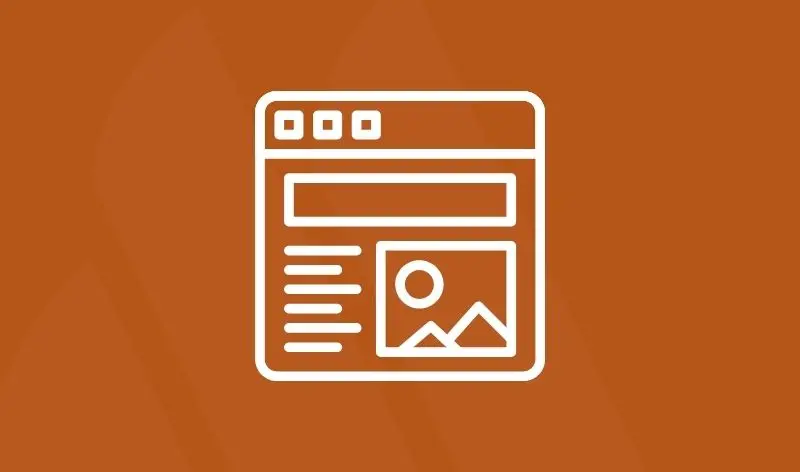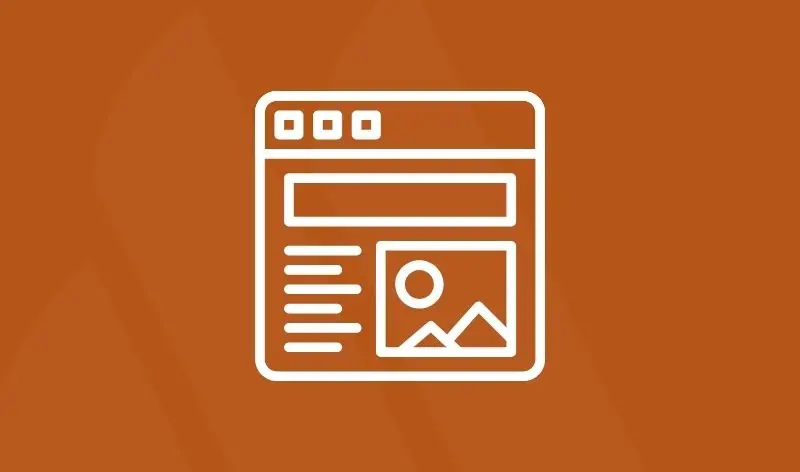
How to Pay Less Tax
There’s no avoiding paying taxes if you’re making a profit, but there are legal ways to reduce the amount you have to pay so that your business is more profitable. All it takes is some preparation, planning, and the advice of a good tax specialist. Your accountant can help discuss the strategies available for minimizing your tax bill.
What you are taxed on
It’s important to note that you get taxed on the net profit of the business. The lower the net profit, the less tax, which, of course, is counterintuitive to why you are in business in the first place. Technically, if you’re paying more tax every year, then you’re making a higher profit. So nice work!
The trick is to see how you can pay the least amount of tax while still making a decent profit. We do of course assume that you file on time to avoid paying penalties or interest.
There are two main tactics to reduce tax:
1. Reducing the reported net profit
This is the best way to reduce the amount of tax you’ll have to pay.
Some will be obvious, some not so.
- Make sure you claim for every business expense you’re allowed to. So you can be sure every expense is recorded, if you use a manual accounting system, consider switching to accounting software, like Autobooks, to simplify accounting and reporting by tracking everything right from your online banking with profit and loss, balance sheet, and more that update automatically.
- Keep all receipts. It’s a good idea to use a trusted system or application to keep track of all your receipts. Write on the back of invoices or small receipts what the receipt was for.
- Create a document for your staff outlining what they can and can’t claim so you don’t miss out on claiming these expenses.
- Set up a work area at home so you can claim a portion of your home expenses. Even if your actual business is located somewhere else, it’s a good idea to set up a room in your house as an office and use it for business purposes when you can. As a small business owner, the chances are pretty high that you will end up doing some work from home, so you may as well take advantage of being able to claim.
- Buy any fixed assets just before the end of the financial year, not at the start, as you can claim depreciation for part of the year just gone.
- Identify any assets that can be scrapped or are obsolete so you can write off the remaining depreciation as an expense.
- Do you have any assets that can be revalued down? You can claim the book loss as an expense.
- Have an end-of-year sale to clear out old stock.
- If you were paid for work that you don’t need to do until the next financial year, inform your accountant. They will then treat this as ‘income in advance’ and add it to next year’s sales. It will temporarily lower your sales (and therefore profit and tax) for the year.
Talk to your accountant about any of these tactics to see which apply in your business.
2. Split the profit reported
The idea is to adjust parts of your business so that you can legitimately reduce your net profit, thus paying less tax. Some of the ways you can do this are:
- Consider allocating some of your business’ income to your life partner. You might actually be discussing your business with your significant other all the time anyway, so pay your life partner a small salary if you can take advantage of a lower tax rate.
- You can also make your life partner a director of your company, with equal shares to yourself. That way, you can both receive dividends and pay less tax.
Summary
Reducing the amount of tax you have to pay comes down to good habits, good records, and forward thinking. It literally pays to be as organized as possible because it means you’re better placed to take advantage of all the legitimate ways you can minimize your tax bill.
All of this planning should be done in conjunction with your accountant. They’ll help you get organized and will assist in keeping your business on track so that you’re paying only what you absolutely have to and are getting the maximum benefits from what tax advantages are available.
Contact Us
Complete this form, and a member of our business services team will be in touch.
"*" indicates required fields
Our Disclosures
For informational purposes only. There is NO WARRANTY, expressed or implied, for the accuracy of this information or its applicability to your financial situation. Please consult your financial and/or tax advisor.










